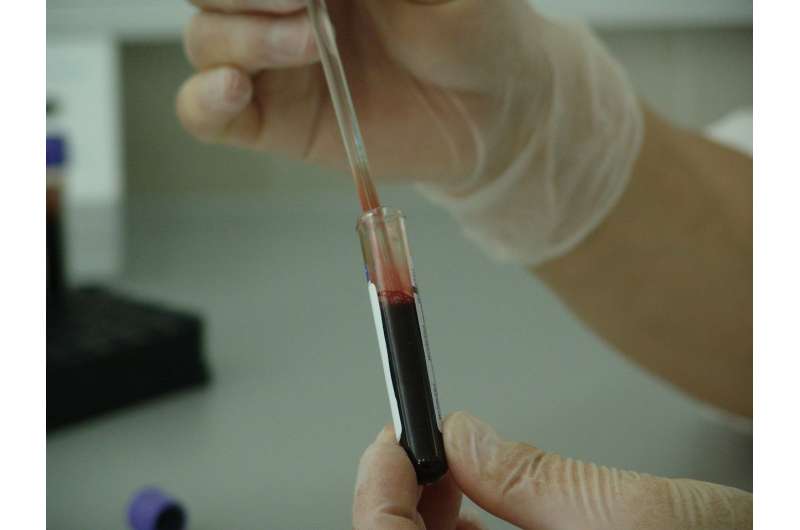Ensuring Safety for People Who Use Drugs in a Politicized Environment: Insights from Recent Surveys

Recent Australian surveys show increased harm reduction efforts among drug users, emphasizing the importance of naloxone, drug testing, and supportive policies amid a politicized environment.
Recent surveys conducted across Australia reveal that individuals who use drugs are increasingly taking harm reduction measures to protect themselves amid a highly politicized environment surrounding drug policies. The data indicates a significant rise in awareness and use of naloxone, a life-saving medication capable of reversing opioid overdoses. Among users of stimulants such as ecstasy, 73% had heard of naloxone, up from 63% in the previous year, and 19% reported obtaining it in the past year—more than triple the previous year's figure. Drug testing remains a vital harm reduction strategy for many, with 39% of users engaging in drug testing in the past year, primarily through personal reagent kits. Despite these efforts, access to comprehensive drug checking services remains limited due to political barriers, such as recent bans in some regions like Queensland. These measures are crucial, especially considering the detection of potent synthetic opioids like nitazenes and contamination in common drugs, which heighten overdose risks. The surveys also highlight ongoing trends such as high tobacco use sourced from illicit markets and the increasing availability of illicit vapes, despite legislative restrictions. For individuals who inject drugs, awareness and use of naloxone are higher than ever, with 80% having heard of it and over half having used it at least once, demonstrating the positive impact of government-supported initiatives like free naloxone programs. Overall, the findings underscore the importance of expanding harm reduction services, including drug testing and naloxone access, to better support people who use drugs and reduce drug-related harm. Policy measures should focus on facilitating safer practices rather than restricting essential harm reduction tools, recognizing that individuals are already actively trying to stay safe in a complex social and political landscape. These insights reinforce the need for evidence-based policies that prioritize public health and safety.
Stay Updated with Mia's Feed
Get the latest health & wellness insights delivered straight to your inbox.
Related Articles
Emerging Evidence on Blood Thinner Use Following Coronary Stenting
New research from the ESC Congress 2025 examines the safety and effectiveness of early aspirin withdrawal and P2Y12 inhibitor monotherapy after coronary stenting, highlighting potential benefits in bleeding reduction without significantly increasing ischemic risk.
Protein DNM1 Identified as Key Regulator in Ovarian Cancer Metastasis
Research identifies the protein DNM1 as a key regulator of ovarian cancer metastasis, offering new avenues for targeted therapy. Elevated DNM1 levels promote tumor spread by enhancing cell mobility via N-cadherin recycling, presenting promising treatment strategies.
Impact of Hypoxia on Dental Bone Formation During Orthodontic Treatment in Rats
A groundbreaking study reveals how low oxygen environments affect bone remodeling during orthodontic treatment, highlighting increased resorption and suppressed bone formation under hypoxia in rat models.
Study Finds Taurine Unlikely to Be a Reliable Biomarker for Aging
New research indicates that circulating taurine levels are not reliable biomarkers for aging across species, highlighting the complexity of biological aging processes.



